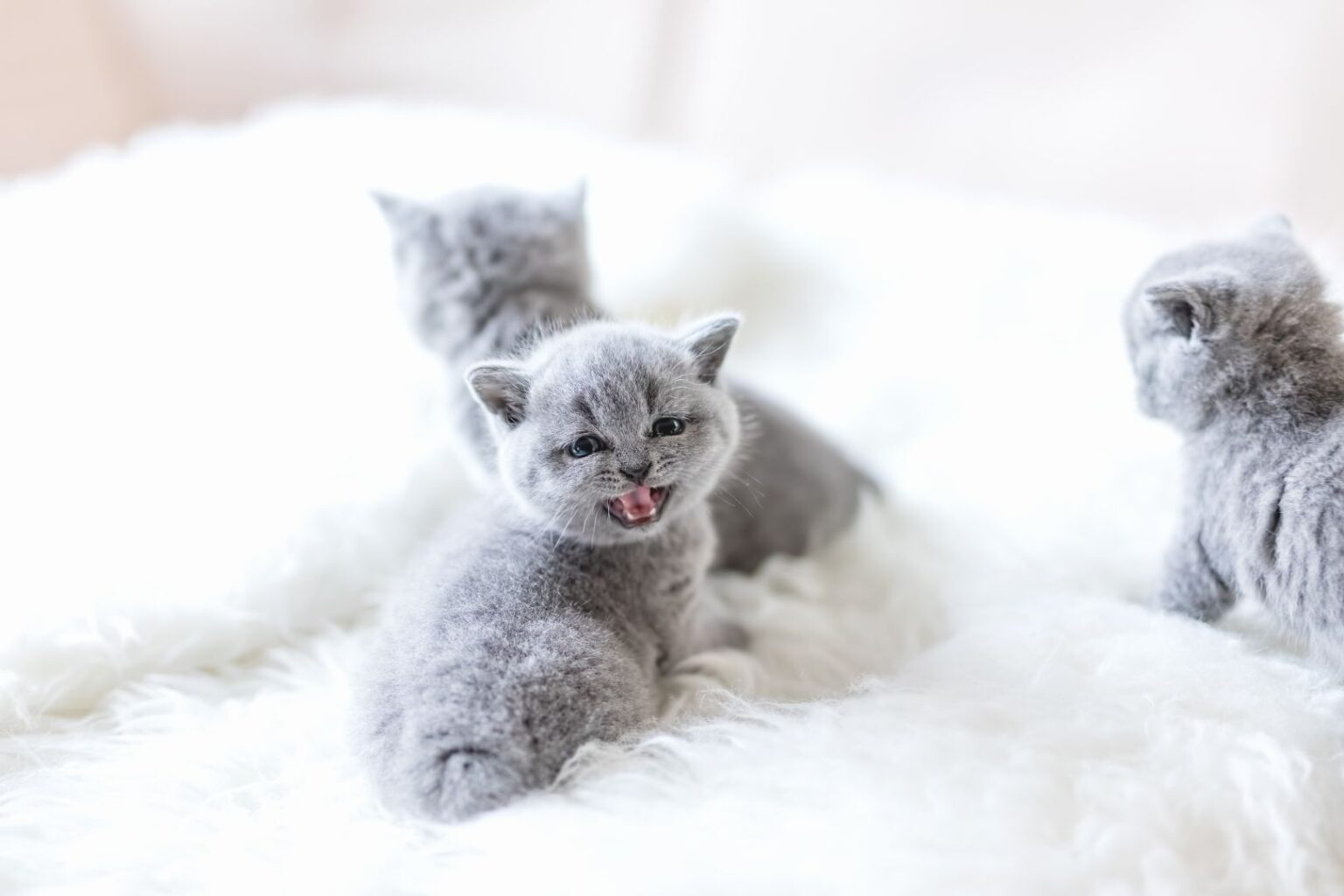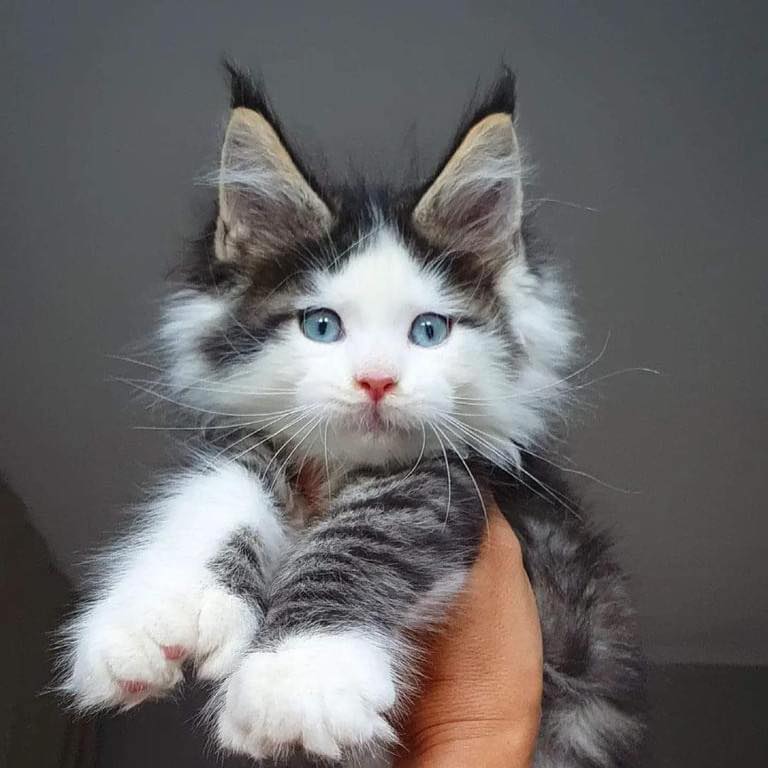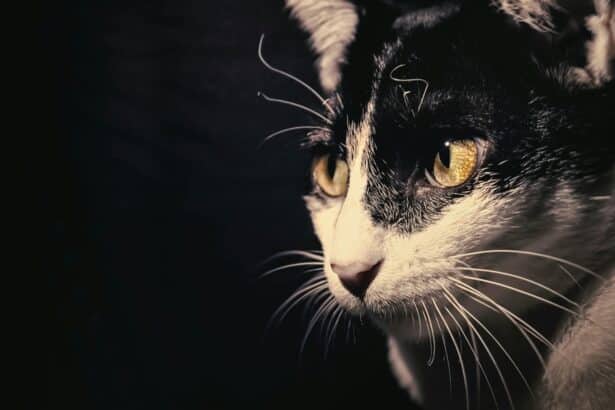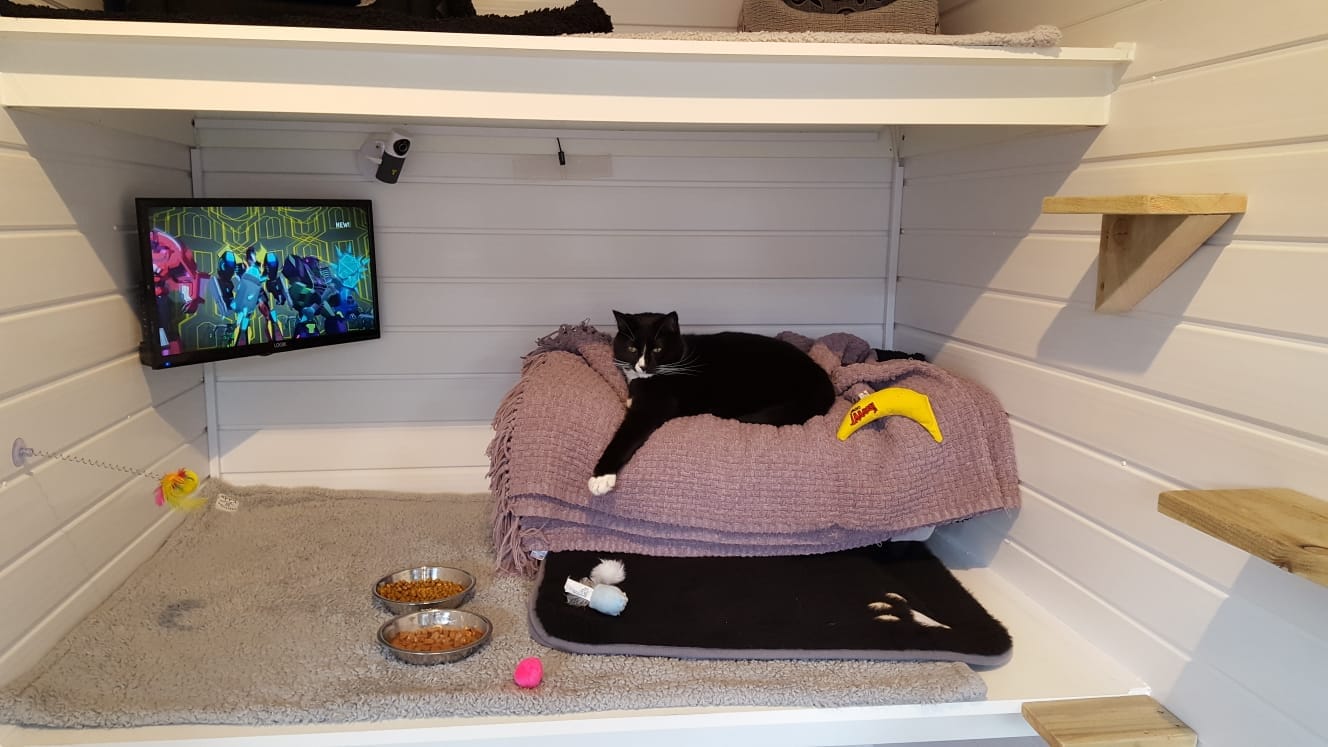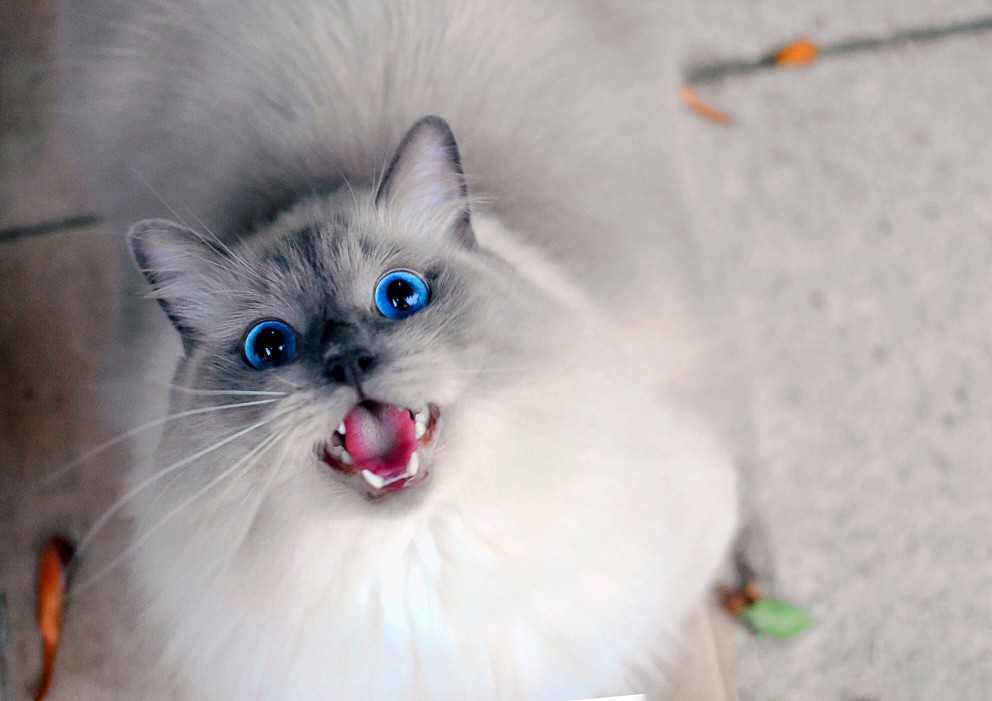As cat owners, we all know that meowing is an integral part of our feline friends’ communication. However, there are times when this meowing becomes incessant, which can cause us to worry and become confused as to the reason for this behavior. In this detailed article, we’ll answer the question “Why does my cat meow all the time?” and give you some valuable information to help soothe your feline friend.
Why do cats meow?
Before answering the question “Why does my cat meow all the time?” it’s important to understand why cats meow in the first place. Cats use meowing as a means of communicating with humans. Each meow can mean something different, depending on tone, frequency and situation. For example, a high-pitched meow could mean your cat is happy or excited, while a lower-pitched meow could indicate she’s upset or frightened.
A brief history of cat meows
Cats, unlike dogs, have not been domesticated to obey human commands. In fact, the cat’s ancestor, the African wildcat, was a solitary animal that communicated mainly through visual signals. That’s why domestic cats have developed a wide range of meows to communicate with their human owners. What’s more, cats’ meows are not limited to their interaction with humans. They also use them to communicate with other cats and animals.
Common reasons for your cat’s incessant meowing
There are many reasons why a cat may meow continuously – for example, it may be hungry or thirsty, it may be stressed or scared, it may want attention or be in heat. By understanding the different meows, you’ll be better equipped to respond correctly to your cat’s needs and avoid potential illnesses.
How to deal with a cat that meows constantly
If your four-legged friend meows incessantly, it’s important not to ignore these sounds. They could be a sign that something is wrong. Here’s how to deal with your cat’s incessant meowing:
Techniques to calm a meowing cat
Although it can be frustrating and disconcerting when your cat meows constantly, it’s important to stay calm and not shout or punish him. This could worsen the situation and increase his stress. Instead, try to find the cause of his meowing. If your cat meows for attention, give it to him when he’s calm and ignore him when he meows. If it’s for food, set a precise feeding schedule and don’t give in to every meow.
When to consult a vet
Sometimes your cat’s incessant meowing isn’t just annoying, it can be a sign of illness. If you notice that your cat is meowing more frequently than usual, or that its meowing is accompanied by other symptoms such as loss of appetite, behavioral changes, etc., we recommend that you consult a veterinarian immediately. A thorough examination can help identify any underlying disease and establish an appropriate treatment plan.
Conclusion
In conclusion, your cat’s incessant meowing isn’t necessarily a problem, but it may indicate that he’s trying to tell you something. It’s important to pay attention to these meows and understand what they might mean. Remember that every cat is unique and requires an individual approach to understand and meet its needs. If you’re still unsure about the cause of your cat’s incessant meowing, we recommend that you consult a vet for a thorough examination.


